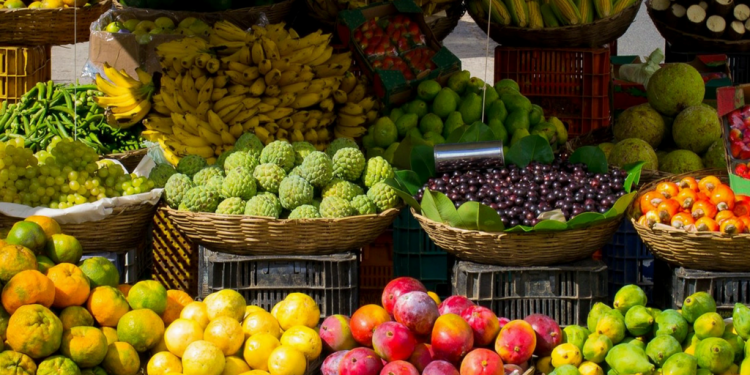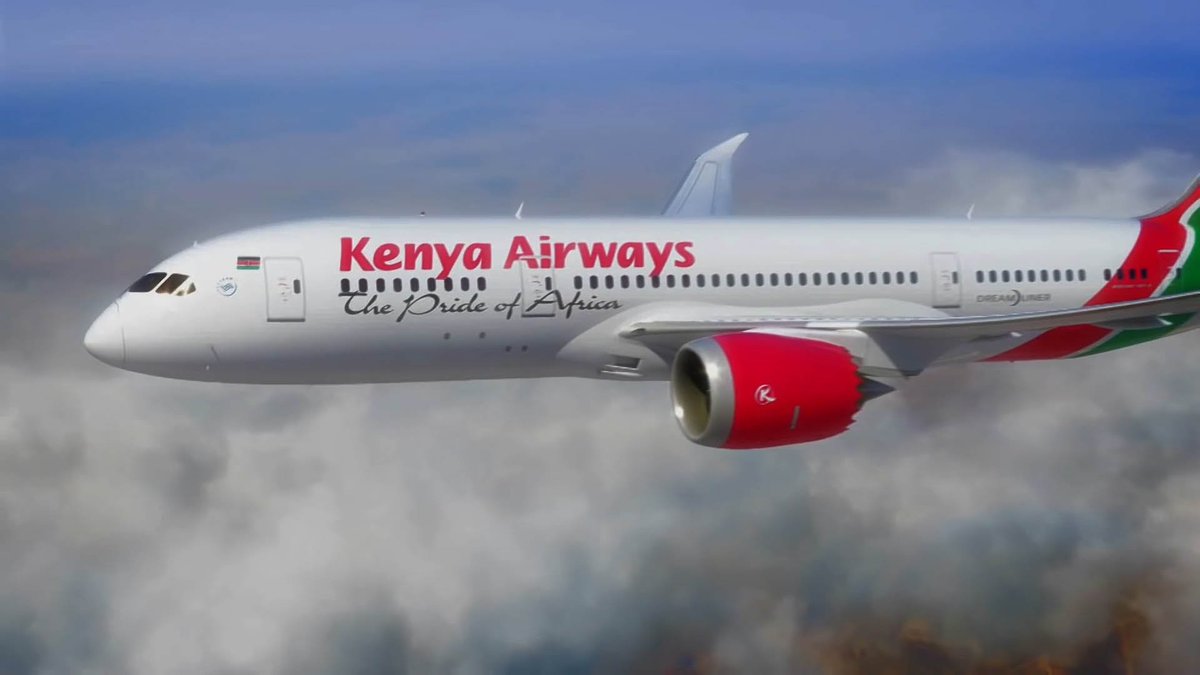There’s no doubt Kenya’s dusk to dawn shutdown is hurting productivity and businesses nationwide. Some of the areas that are most affected include; food industry, transport sector, informal workers, and the hospitality sector.
FOOD INDUSTRY
“Normally, agricultural food items are transported during the night and distributed to the vendors and Supermarkets in the morning,” said Mr Awuor Ponge, Associate Fellow at at African Policy Centre(APC). The curfew has interfered with the transportation of farm products and as a result, the price of food is projected to go up.
PUBLIC TRANSPORT
Buses that operate at night have had to stop their operations, severely affecting movement of people and outlets that serve the long distance travellers.
CASUAL LABORERS
Roughly 80% of Kenyans work in the informal sector. A large group are casual laborers who depend on daily wages. The dusk to dawn lockdown has led to low productivity as most workers have to work less hours to beat the curfew. Some workers have lost their jobs due to the new directive.
There is a fear that a total lockdown could lead to desperation and possible destruction of property and loss of lives as hungry people pour out in the streets in search of food.
“The Government cannot attempt to impose this lockdown in a country where 80% of the population live from hand-to-mouth. All the countries imposing a lockdown have effective economic stimulus package to cushion the low-income earners,” said Mr Ponge.
HOSPITALITY INDUSTRY
Most hotels have had to close due to low business. “This damage will spiral to the supply chain, especially the agricultural producers who have been supplying the hotels,” said Mr Ponge.
The Government has come up with a raft of tax measures to cushion individuals and small businesses during this period of the pandemic. But the ongoing partial lockdown will badly hit the hospitality industry including entertainment and other social activities.
ALSO READ:Businesses Exempted From the Curfew




